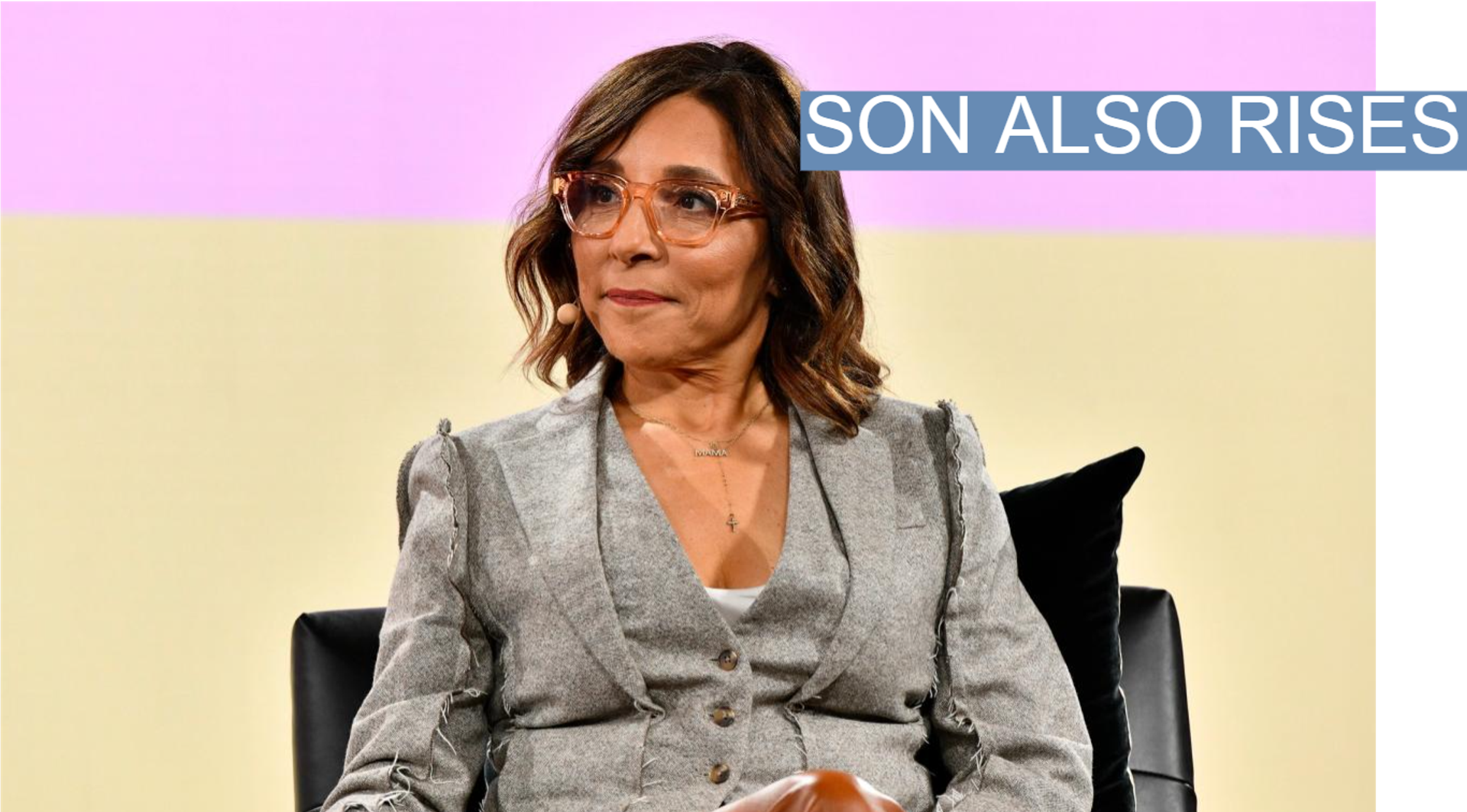The Scoop
Linda Yaccarino, the CEO of X, formerly Twitter, has turned the service’s Hail Mary bet on an imagined $100 million political advertising business over to someone she trusts: her son Matt Madrazo.
Despite owner Elon Musk’s attempts to convert the company into a subscription-based service, the company remains dependent on an advertising business that produced about 90% of its revenue in 2021. And in the initial months after he bought Twitter, Musk expressed a keen interest in restarting the social media company’s political advertising business, which it had voluntarily shuttered in 2019.
In recent weeks, Madrazo, who previously headed ad sales at the non-political, creator-focused media firm Studio71, has been privately introducing himself to influential figures in the political ad world in Washington, D.C. He’s part of what’s essentially a two-man operation to restart X’s political advertising business with the goal of capitalizing on the massive amounts of money that campaigns are about to spend during the 2024 elections.
According to three people with knowledge of the situation, Madrazo has been tasked with outreach to Republican digital advertising firms and spenders. Jonathan Phelps, a Pandora and Univision veteran who also joined X in recent months, is handling the platform’s (far less promising) outreach to Democrats. Working occasionally out of Tesla’s D.C. offices, the duo are hoping to resuscitate a line of cash at a moment when the company is desperate for new revenue.
It’s an uphill battle made more difficult by an escalating series of provocations from Musk himself on the platform, most recently his promotion of an antisemitic conspiracy theory. One of X’s latest partners to bail is CNN, which confirmed to Semafor that on Friday it had stopped adding to Amplify, a crucial advertising platform for X that shows ads with publishers’ videos.
In this article:
Know More
X stopped allowing political ads in 2019, amid fears that partisan actors could pay to spread false or misleading information on its platform. But amid a broader advertising decline, the company announced in January that it would ease restrictions on political ads, saying that “cause-based advertising can facilitate public conversation around important topics.”
While the political ad team often met or overperformed expectations, political advertising wasn’t a major moneymaker for Twitter. In 2018, the company brought in just $3 million for political ads. But Yaccarino and newly appointed lead revenue executive Rob Hayes have lofty goals. X executives have told people they hope the political ad team could bring in around $100 million during a presidential election year, according to one person with knowledge of the company’s plans.
Max’s view
X is just weeks into the relaunch of political ads, and the company is already facing serious headwinds. And like many of its current problems, this one partially stems from the actions of its current owner.
X’s attempts to court Democrats is already proving particularly difficult, according to three people familiar with the moves. On the left, the Madrazo and Phelps have received a lukewarm reception from Democratic digital ad buyers. These sources told Semafor that any potential benefits of advertising with X are offset by the risk of alienating potential Democratic voters and supporters who have been turned off by Musk’s conservative politics and erratic antics.
Musk hasn’t helped himself in recent days. In a tweet earlier this week, he expressed agreement with an antisemitic post – prompting several prominent advertisers, including Disney and Apple, to announce that they would pause advertising on the platform. The tweet also reverberated in the 2024 race: The White House issued a strong statement condemning Musk, and the Biden re-election campaign told Semafor on Friday that it had no current plans to advertise on X following Musk’s tweet.
X’s political ad team also faces some operational and tech difficulties. Digital advertising has evolved in the four years since Twitter left the space. Competitors like Facebook and YouTube offer both vastly larger audiences and more sophisticated targeting tools that allow campaigns to target users in extremely specific ways. This has particular appeal to political campaigns, which use different messages to reach different pockets of voters.
Two people who spoke to members of X’s political ad team recently said the platform’s tools and pitch were essentially identical to those that existed four years ago. The social media company still often targets users for advertising through hashtag use, and unlike YouTube, the company isn’t promising potential advertisers unskippable ads that run before videos from news publishers such as CNN.
Room for Disagreement
Even before Musk’s latest outburst, the social media company’s ad sales had already largely shifted away from premium advertisers. As Vox’s Peter Kafka pointed out, Twitter’s ad strategy these days appeals more to discount advertisers looking to reach big audiences, rather than big advertisers looking to reach elite audiences.
Notable
- “A groundswell of leading advertising executives” is urging Yaccarino to step down, but she “has so far resisted their entreaties,” Forbes’ John Paczkowski and David Jeans report.
- “Whether the anti-Jewish ideas of Musk and others become the new normal is not up to Jews; it’s up to everyone else,” Yair Rosenberg wrote last week in The Atlantic.
- Musk has threatened the left-leaning group Media Matters with a “thermonuclear lawsuit” in response to the threat its criticism poses to X’s ad business.
